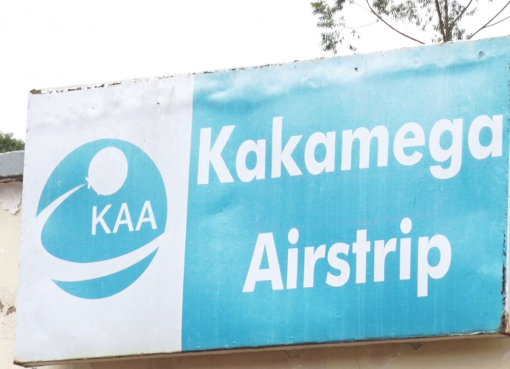Nakuru County government has unveiled an entrepreneurship training initiative targeting at least 2000 Micro, Small and Medium Enterprises (MSMEs) run by Persons with Disabilities (PWDs) in a bid to help them attract the kind of finances they need to expand their ventures.
According to County Business Manager Ms. Monica Sitin, mainstreaming PWDs into the economy is an essential requirement for sustainable development, adding that they are entitled to equal treatment and autonomy, but proactive measures are needed to make this happen.
Ms. Sitin said the economic exclusion of persons with disabilities was unacceptable in the face of social progress witnessed around the globe, adding that both the County and National governments have enacted laws aimed at improving the situation of PWDs by promoting accessibility, participation, and equality in all areas of life, higher employment rates, inclusive education, as well as social protection and necessary health services.
The County Business Manager said the initiative intends to build Micro, Small and Medium Enterprises’ (MSMEs) muscles owned by PWDs in financial and human resource management, strategic planning, marketing, and communication to enable them to do business better and attract the kind of financing they need to expand.
Ms. Sitin said the programme dubbed ‘Kenya Small Business Development Centers’ (Kenya SBDC) being undertaken in partnership with Strathmore University was specifically tailored to enhance the financial literacy of PWDs, inculcate the entrepreneurial skills required to run their businesses effectively, and enable them to take advantage of the financial opportunities offered by banks.
She said through the partnership, the County government and Strathmore University will leverage each other’s expertise to create a supportive ecosystem specifically designed to propel the PWDs’ MSMEs to the next frontier of growth and economic contribution.
“The training programme will enable them to acquire new business skills to fully realize their potential,” added the manager.
Speaking at Shabab grounds within Nakuru West Sub County during a meeting between representatives of PWD entrepreneurs and officials from Kenya SBDC, Kenya Revenue Authority (KRA), and United Bank for Africa (UBA), Ms. Sitin noted that MSMEs were the driving force of economic development in Nakuru County, accounting for 90 per cent of all businesses, 50 per cent of employment, and 40 per cent of the Gross Domestic Product (GDP).
“MSMEs are critical players in the country’s business environment, constituting about 98 per cent of all businesses. This translates to almost 30 per cent of job creation opportunities annually and a three per cent contribution to GDP,” she said.
Through the Kenya SBDC programme, the County Business Manager indicated that businessmen with disabilities would also be able to understand and effectively use financial skills such as personal financial management, budgeting, and investing to scale up their firms.
She urged traders to join cooperatives, as this would boost their bargaining power when sourcing markets and applying for credit facilities from financial institutions.
Ms. Sitin noted that though most MSMEs had been adversely affected by COVID-19 economic aftershocks, affordable financing remained a challenge due to the high interest rates offered and urged financial institutions to realign their programmes by helping traders adapt to the new reality caused by the COVID-19 pandemic.
The manager indicated that lack of sufficient collateral, high cost of credit, and informal business structure had rendered most MSMEs ineligible for financing, a situation she noted had been worsened by the COVID-19 pandemic.
She stated that there was a growing need for entrepreneurs to join the digital market to expose Kenyan goods to the global market and called on the dominant small and micro enterprise sector in the country to exploit the increased online purchases for growth.
The Central Bank of Kenya last year reported that at least 35 per cent of micro-enterprises were wiped out by the COVID-19 pandemic by July 2021, revealing the vulnerability of businesses forming over 90 per cent of Kenya’s economy—micro and small enterprises.
Several initiatives have recently been launched to support MSMEs, including a state-backed credit guarantee scheme through which more than Sh4 billion has been disbursed by banks to support small businesses.
A recent release by the National Treasury said that by August 2022, a total of 2,609 small businesses had taken loans amounting to Sh4.12 billion since the scheme was launched about a year ago.
A 2018 Kenya National Bureau of Statistics (KNBS) report shows approximately 400,000 MSMEs do not celebrate their second birthday, and very few of them reach their fifth birthday.
By Esther Mwangi and Merceline Khaemba




